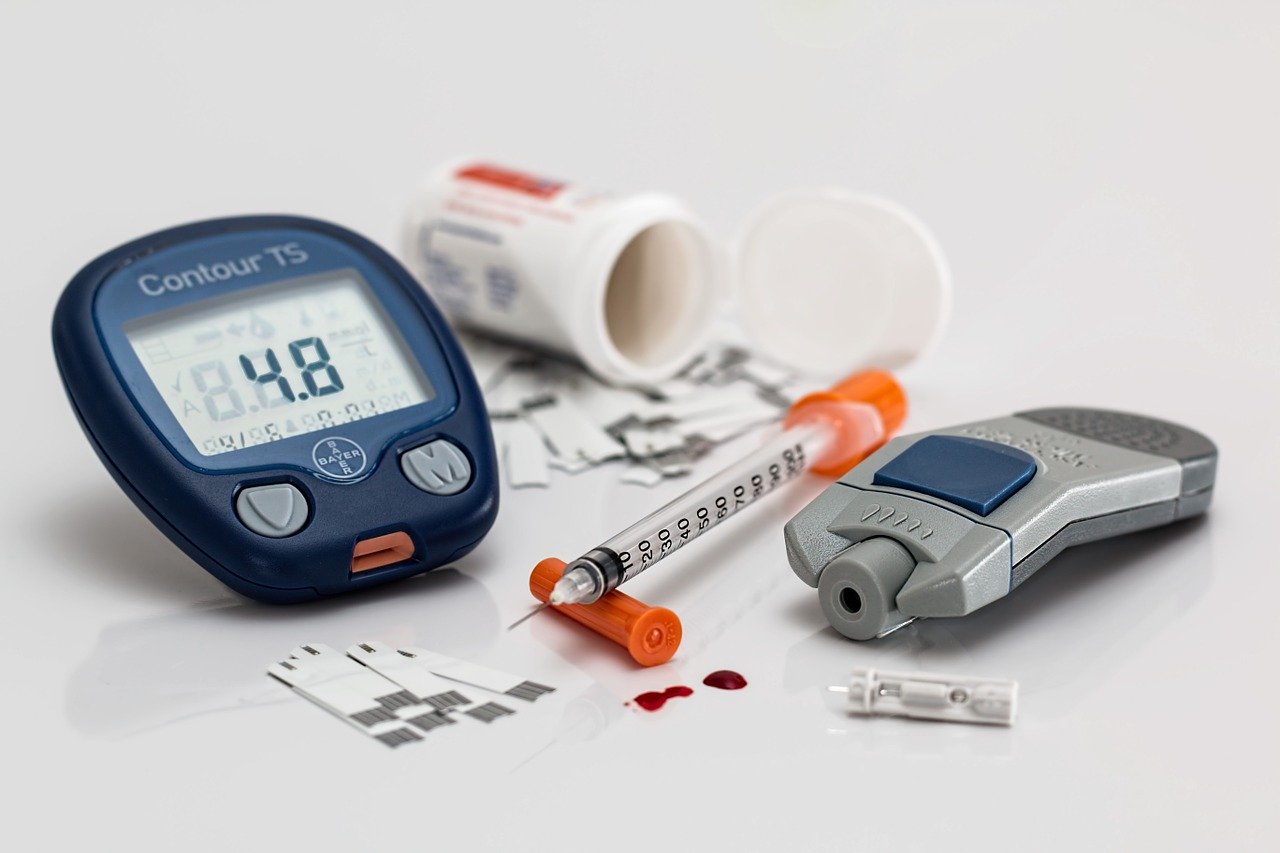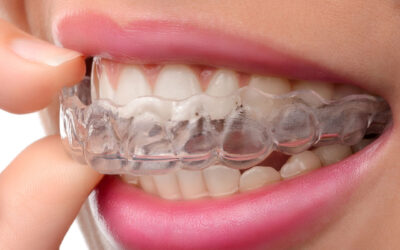A chronic disease affecting 8.5% of the adult population worldwide, diabetes is a significant concern in many people’s lives. Affecting parts of the body from the feet and legs to the mouth and eyes, diabetes takes a toll on anybody diagnosed with the disease. Certain symptoms that present themselves in certain body parts, fortunately, can help with diagnosis.
Your mouth, for instance, can be helpful in this regard. While symptoms such as dry mouth, flavor changes, and infections can be the result of a number of illnesses, when combined, they could be potential signs of diabetes. Some particular flavor changes such as a persistent sweet taste in the mouth are likely to be a result of uncontrolled blood sugar levels.
While this article may cover a wide variety of symptoms and tips, your local dentist will be able to further address your needs and concerns regarding your oral health.
How Does Diabetes Affect the Teeth and Gums
Poorly managed blood sugar levels can have disadvantageous effects on the teeth and gums. High blood sugar, for instance, exposes your teeth and gums to increased amounts of sugar from your saliva. This sugar, in turn, causes germs and plaque to grow, unfolding a variety of oral complications which will be mentioned below.
Gum Disease
The germs and plaque caused by the increased amounts of sugar in the saliva can lead to gum disease, a serious gum infection. Also called periodontitis, gum disease affects the tissues that hold the teeth in place. About one-third of individuals diagnosed with diabetes experience periodontitis.
Gingivitis often occurs prior to periodontitis. The main symptoms of gingivitis include inflamed gums and easy bleeding. Although gingivitis is a less serious condition than periodontitis, it is still important to ask your dentist about what you can do. Untreated gingivitis may lead to periodontitis.
Some of the most common symptoms of periodontitis are included below:
- Red, swollen, and tender gums;
- Bleeding while brushing, flossing, or eating hard food;
- Pain when chewing;
- Loose or separating teeth;
- Receding gum lines;
- Persistent bad breath;
- Pus between your gums and teeth.
Regular brushing and flossing alongside a healthy diet may help prevent the onset of gum disease. People with diabetes should take such preventative measures since gum disease can be difficult to stop once it has begun. Untreated gum disease may eventually lead to tooth loss.
Dry Mouth
Dry mouth, or xerostomia, is a symptom of diabetes that is often the result of another symptom — frequent urination. Both of these symptoms have to do with the body’s excess blood sugar. Since the kidneys are not equipped to deal with excess blood sugar, the body creates more urine in an attempt to push it out. More urine leads to fewer fluids in the body and, as a result, causes dry mouth.
Symptoms of dry mouth include:
- Lack of moisture;
- Irritation at the corners of your mouth;
- Inflammation of the gums;
- Oral thrush.
Flavor Changes
While flavor changes can indicate a variety of health-related issues, diabetes is one of the more serious ones, so be wary of the symptoms. Oftentimes diabetes creates a sweet taste in the mouth. Other times, diabetes can cause an unpleasant, metallic taste. This, however, could be a sign of a more serious condition called diabetic ketoacidosis.
Infections
People with diabetes are more prone to infections as their body’s ability to fight and repair the damage is weakened. The mouth is especially vulnerable as excess blood sugar makes its way into the saliva. As a breeding ground for bacteria, the mouth then reacts to the excess amount of sugar with an infection such as thrush.
A common infection experienced by those with diabetes, thrush is the result of the mouth’s overproduction of yeast. Also called candidiasis, thrush thrives on the mouth’s excess glucose.
Symptoms of thrush include:
- Creamy, white lesions on your tongue or inner cheeks;
- Creamy, white lesion on the roof of your mouth, gums, or tonsils;
- Redness or pain in the mouth;
- Cracking or redness in the corners of your mouth;
- Loss of taste;
- A bad taste in your mouth;
- A “cottony” sensation in your mouth.
Thrush is a minor complication of diabetes that rarely results in any serious problem.
Slow Healing
Blood sugar levels that are improperly managed lend themselves to slow healing and the quick development of wounds in the mouth. This is because high blood sugar impairs white blood cells, the immune system’s main defense against harmful bacteria. If your body’s white blood cells aren’t doing what they’re supposed to, your body is more susceptible to cuts and bruises and more prone to slow healing.
Prevention and Helpful Tips
Understanding the warning signs mentioned above is your first step towards prevention. However, what you choose to do with those warning signs can potentially mean the difference between developing these conditions or not. The following tips are recommended for decreasing your chances of furthering the complications of diabetes. Such tips include:
- Regular visits to the dentist – Regular visits to your local dentist provide you with dental cleanings and tips on how to maintain oral hygiene.
- Proper brushing and flossing – The American Dental Association recommends that you brush at least twice a day, and floss at least once.
- Controlling blood sugar levels – Controlling your blood sugar levels not only involves periodically checking your monitor, but also maintaining a healthy diet and exercising regularly.
- Avoiding smoking – Smoking can lead to an earlier onset of gum disease, whether a person has diabetes or not. In addition to gum disease, smoking can cause thrush, bad breath, tooth discoloration, and an increased buildup of plaque — all of which worsen the effect of diabetes on the mouth.
- Maintaining a healthy diet – Although a decreased sense of taste may compel you to add more sugar or salt to a certain food, it is recommended that you avoid this urge. Too much sugar especially can worsen the effects of diabetes. However, it is important to keep in mind that it is simple carbohydrates that hurt blood sugar levels. Simple carbohydrates include cookies, white breads, and pastas, among other items. Maintaining a healthy diet can not only help your oral health, but your whole body’s health as well.








